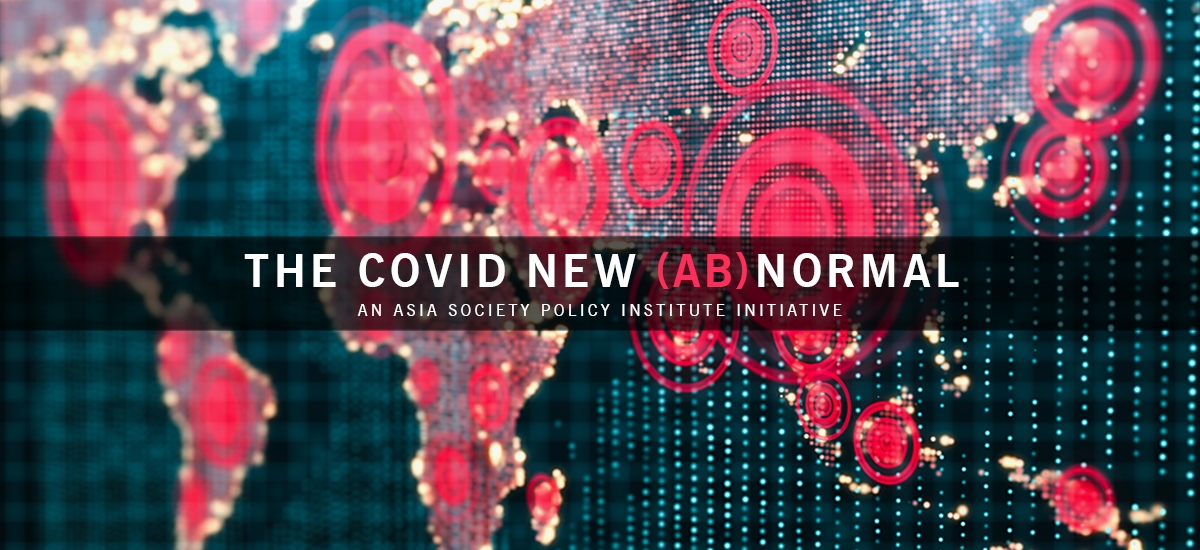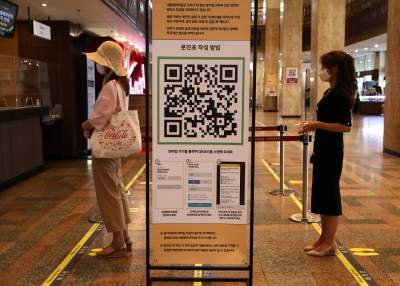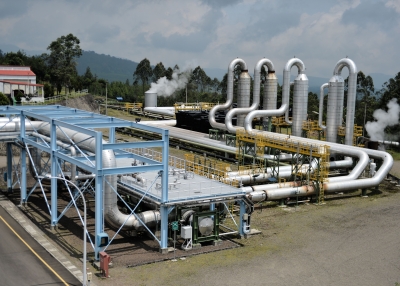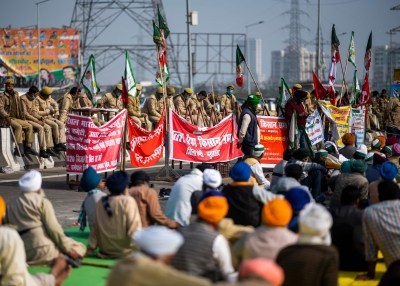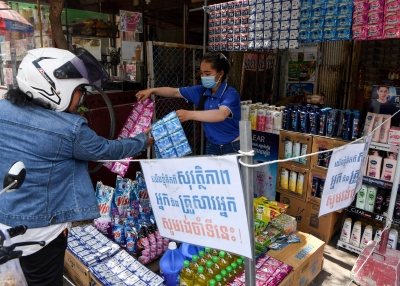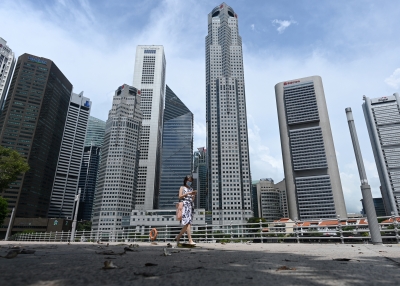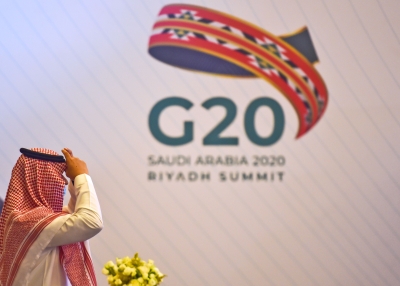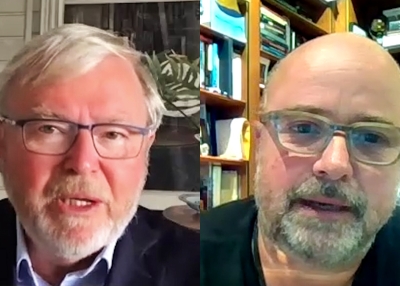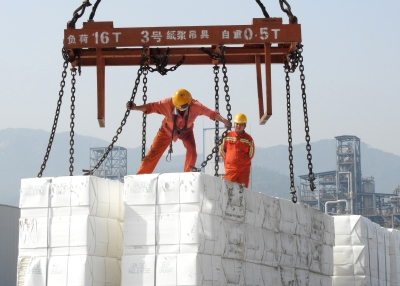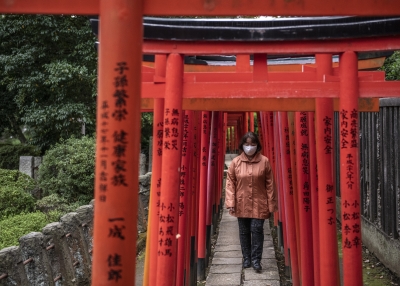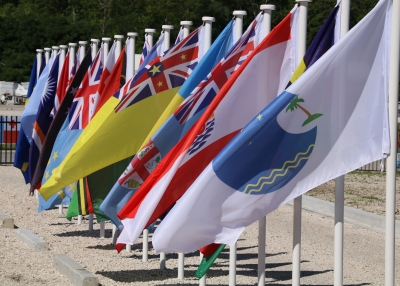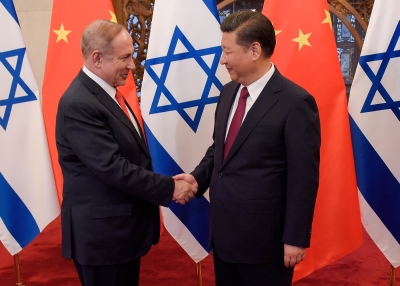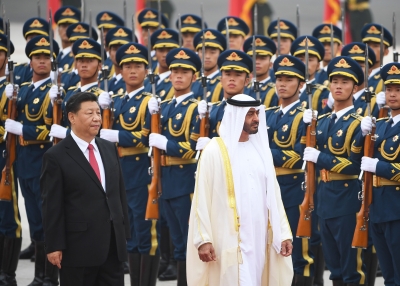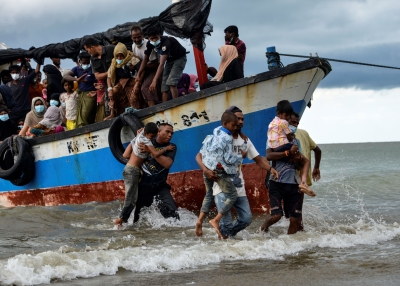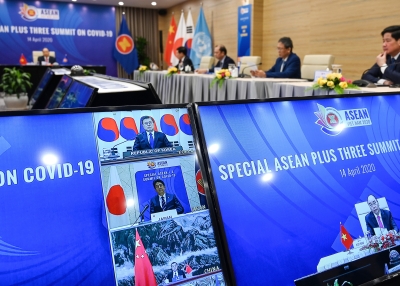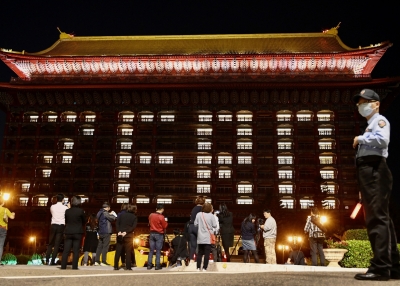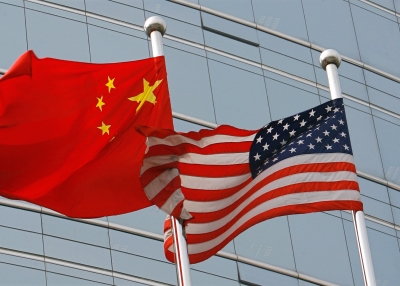A series of reflections by thought leaders, policymakers, and experts from Asia on what this new (ab)normal will mean and what it will entail for the region and the world.
Overview
There is a temptation to always view a crisis as unique. But in reality, history is paved by a series of inflection points, each of which leaves their mark on the world and changes our concept of “normality.”
COVID-19 is undoubtedly one of these moments in time. Tens of millions of people have contracted the virus, over half a million have died, more than a billion people’s livelihoods are in danger of being destroyed, and – in Asia alone – many tens of millions have been ploughed into poverty. Among all this, we’ve seen existing great power cleavages deepen, newfound cooperative partnerships emerge, institutions implode or evolve, and our humanity and societies tested.
While we all hold out hope of defeating the virus, it is naïve to think that if and when we do, the experience of COVID-19 will not redefine many of the things we take for granted. There will not simply be a snapback to normality. Instead, a new (ab)normality will take its place.
The purpose of this new Asia Society Policy Institute project, bringing together insights on The COVID New (Ab)Normal from thought leaders, policymakers, and experts throughout Asia, is to explain what this new (ab)normal will mean and what it will entail. What kind of world and what kind of region will emerge from this crisis? What will this mean for some of the biggest populations and its most volatile flash points? What will this mean for the region’s most vulnerable people? What will this mean for the region’s economic prospects, trade flows, supply chains, and engagement in multilateral institutions? And what will this mean for the region in terms of its ability to tackle other global challenges like climate change?
The COVID New (Ab)Normal collection of multimedia essays and interviews was released starting in August, with new updates coming in on a rolling basis, featuring some of the sharpest minds from Asia. Rather than Westerners reflecting on the region’s future, our emphasis is on voices from the region itself grappling with their own countries’ futures. That’s what makes it different, significant, and impactful. We will be hearing about issues such as the changing contours of the U.S.-China relationship, trade, and supply chain challenges, the future of public health, what’s ahead for major powers in South and Southeast Asia, the prospects for a green COVID recovery, the changing work-life balance for women in a virtual COVID world, and much more. We will examine what doors may open as others are shut.
This project builds on ASPI’s “Coronavirus, Asia, and the World” series of nearly 30 high-level virtual events from March through July 2020, which brought together world leaders, heads of international organizations, and other experts to assess the immediate implications of the crisis. And it represents our own commitment as an institution to adapt to this new (ab)normal by cultivating content in new ways with the aim of supporting policymakers across the region as they continue to grapple with these unprecedented challenges.
I wholeheartedly recommend this series to you, and, as always, we welcome your feedback.
The Honorable Kevin Rudd AC
President, Asia Society Policy Institute
26th Prime Minister of Australia

